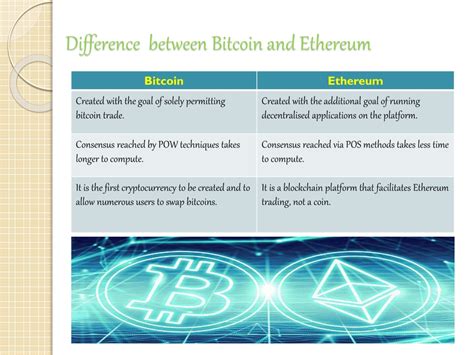Ethereum’s Policy Language vs. Miniscript: What Makes Ethereum Unique
The world of blockchain development has seen the rise of several programming languages, each with its own strengths and weaknesses. Two prominent examples are Ethereum’s Policy Language and Miniscript, a scripting language used by Ethereum. In this article, we will look at what makes Ethereum different from other systems and examine how Policy Language differs from Miniscript.
Bitcoin Policy Language: The Foundation of the Ethereum Ecosystem
Bitcoin, the first decentralized cryptocurrency, has played a crucial role in shaping the blockchain ecosystem. To enable secure and efficient transactions, Bitcoin introduced a set of cryptographic policies that define how value is stored, transferred, and verified on the network. This is where Policy Language comes in.
Ethereum’s Policy Language is built on this foundation and allows developers to create custom scripts that interact with the Ethereum Virtual Machine (EVM). The EVM is the core component of the Ethereum blockchain that executes contracts and conducts transactions. The policy language allows developers to define rules and behaviors for these interactions, ensuring the integrity and security of the network.
Policy Language vs. Miniscript: A Comparison
Miniscript is an open-source scripting language used by Ethereum to interact with the EVM. While both systems share similarities, there are distinct differences:
- Compilation: The policy language compiles into bytecode that is then executed on the EVM, while Miniscript is coded directly into Bitcoin Script.
- Script Model

: The policy language uses a more complex scripting model that allows for conditional statements, loops, and more complex logic. Bitcoin Script, on the other hand, has a simpler syntax that focuses on basic control flows and computational operations.
- Security: The security of the policy language comes from its ability to define custom scripts that are not vulnerable to common vulnerabilities such as SQL injection or cross-site scripting (XSS). While Bitcoin Script is still secure, its simplicity makes it more vulnerable to these types of attacks.
Key Benefits of the Policy Language
Ethereum’s policy language offers several advantages over Miniscript:
- Flexibility
: The policy language allows developers to create custom scripts that can interact with the EVM in a variety of ways, making it easier to implement complex logic and behaviors.
- Security: By defining custom policies, developers can protect their assets from common security threats such as SQL injection and XSS attacks.
- Scalability: The policy language’s ability to dynamically compile code on the fly allows scripts to run more efficiently, which is especially important in high-growth applications such as DeFi.
Conclusion
In summary, Ethereum’s policy language offers a number of unique advantages that set it apart from Miniscript. By defining custom policies and scripts, developers can create complex interactions with the EVM that are not possible with traditional scripting languages. While Bitcoin Script provides a solid foundation for basic transactions, its limitations in terms of security and flexibility make the Policy Language an attractive choice for developers looking for more advanced features.
For those interested in exploring Ethereum’s Policy Language in more depth, the provided link to Sipa.be/miniscript offers valuable resources on Miniscript, including the coding and compilation process. However, for those seeking a more comprehensive understanding of the Policy Language and its applications in blockchain development, this article provides a solid foundation for further exploration.
